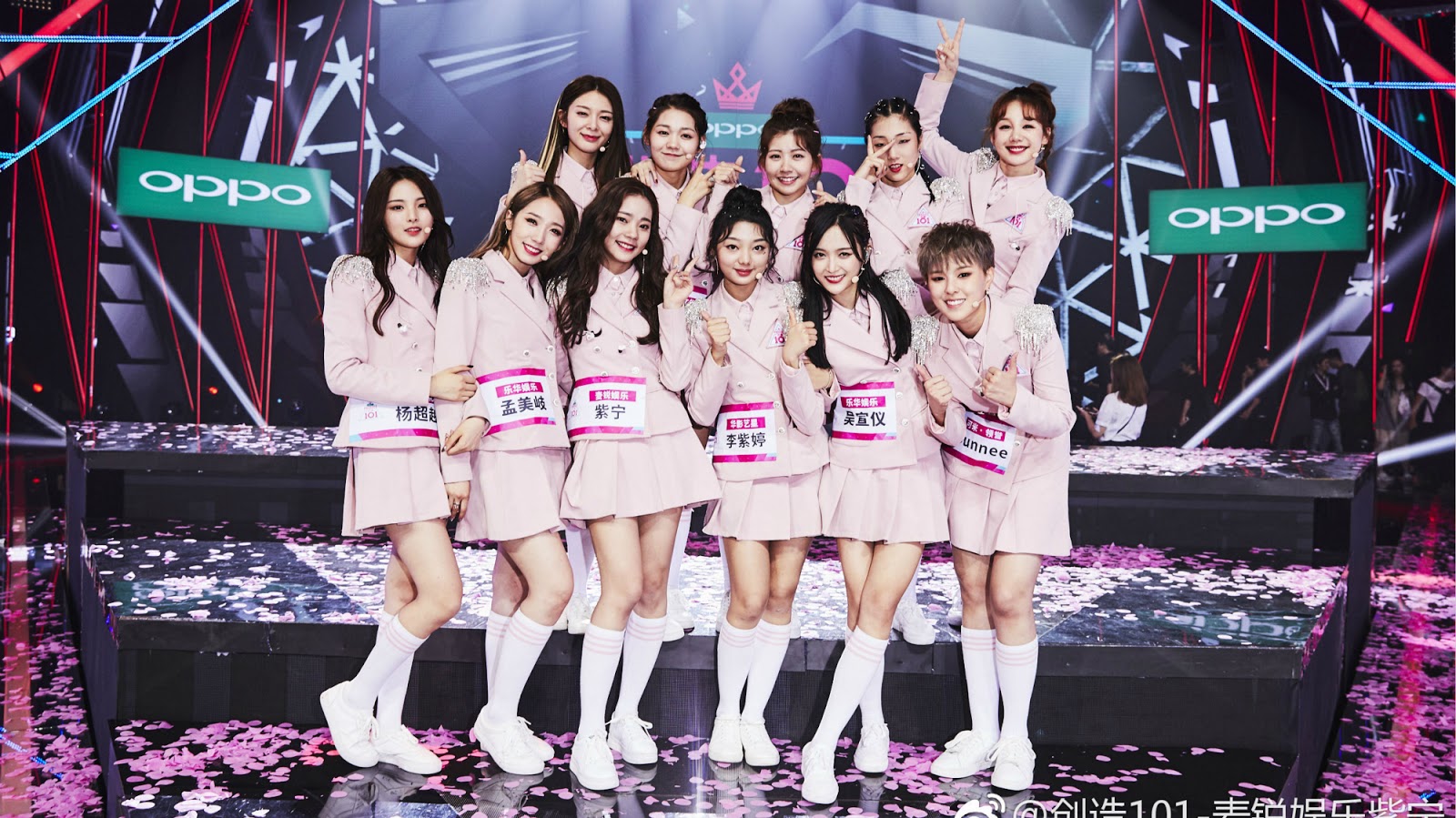Cutting down on reality talent shows and other poison for teenagers
Cutting down on reality talent shows and other poison for teenagers

The State Administration of Press, Publication, Radio, Film and Television (SAPPRFT), China’s top media regulator, is deeply concerned about what TV networks have lined up for teenagers on vacation from school this summer. A notice (in Chinese) released by SAPPRFT on July 10 specifically asks online video platforms to cut down their production of reality talent shows that require public participation through voting.
There are three major points made in the document:
- Online networks are ordered to create more teen programs that “spread positive energy,” “promote socialist core values,” and “embody Chinese excellent traditional culture.”
- TV shows “that do harm to teenagers’ health” must be cancelled.
- Talent competition reality shows must engage “experts” to give them a thorough assessment in terms of “theme, values orientation, ideology, and format,” before greenlighting.
The hit talent competition reality shows Produce 101 创造101 concluded in late June. The show’s winners are decided solely on the devotion of their fan base, which is measured by how much fans are willing to pay to vote for their idol. According to a WeChat blogger (in Chinese) who follows the Chinese media industry closely, fans supporting the two eventual winners of the show raised more than 20 million yuan ($3 million) combined to support their idols. The author argues that this highly profitable mechanism has encouraged a wave of reality shows of this kind to flourish in the past few years, feeding into a toxic “funding culture” that is spinning out of control.
One of SAPPRFT’s aims with this latest notice is no doubt to rein in this profit-driven frenzy surrounding Chinese talent shows. Even before the notice, there have been rumors (in Chinese) swirling in the industry that sponsors of the latest season of another talent show, The Rap of China 中国新说唱, which is set to debut on July 14, pulled out from the show at the last minute, leaving the program’s fate up in the air. Another show, Idol Producer 2 偶像练习生2, is rumored to have been canceled even though it has already aired two episodes.
On the Chinese internet, the possibility of a future with fewer such shows is met with a mixed response (in Chinese). While some people fully endorse the new policy, saying that these programs do have a bad influence on teengers, others express discontent about the government’s arbitrary decision on what people can or cannot watch.
A brief history of poison for the youth
Government worries about Chinese reality talent shows are as old as the shows themselves. Running from 2004 to 2006, Super Girl (超级女声 chāojí nǚshēng) a.k.a. Mengniu Yoghurt Super Girl Contest was the first breakout success of the format in China.
Super Girl was wildly popular. Super Girl fans were manically devoted. Super Girl’s biggest stars Li Yuchun 李宇春 and Zhou Bichang 周笔畅 were both androgynous in looks and behavior. Ordinary fans voted for their idols in a democratic fashion by sending text messages or calling, and the winners were decided by popular vote. The show was broadcast by feisty provincial station Hunan TV, and it took audience share away from central state broadcaster CCTV.
Whatever it was, something about Super Girl made many Chinese government officials uncomfortable. In 2006, one old cadre complained to the state-owned China Times:
Behind the Super Girls entertainment lies poison for the youth. Take a look at the youth who are following the Super Girls now. See what state of mind they are in, what direction they are headed. Take a look at how the audiences are watching this program, and you’ll find that amid unthinking laughter people have been corrupted. The cultural departments have a responsibility to prevent this corruption; they must strengthen their administration of this sort of program.
The Party’s discomfort with Super Girl landed Li Yuchun and her fellow contestant Zhang Jingying 张靓颖 a special place in Xinhua News Agency’s internal style guide which we translated last year:
In recent years, online fans of celebrities use nicknames that do not follow Chinese language rules, such as corn [玉米 yù mǐ, for fans of singer Li Yuchun 李宇春]… and cold jelly noodles [凉粉 liáng fěn, for fans of 张靓颖 Zhāng Jìngyǐng]. If you cannot avoid such words because of the need for a reference in a report, use quotation marks.
Below is a 2006 video report on Super Girl’s frenzied fans by The China Project’s Jeremy Goldkorn:






